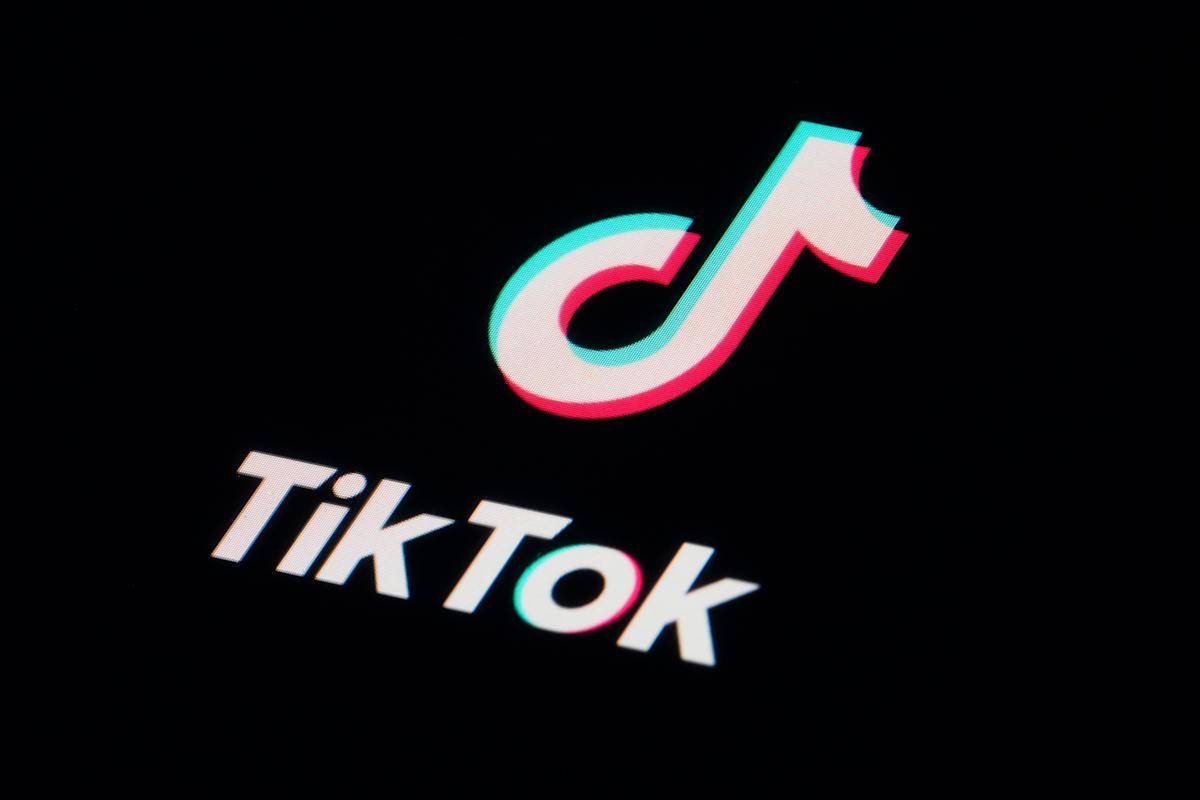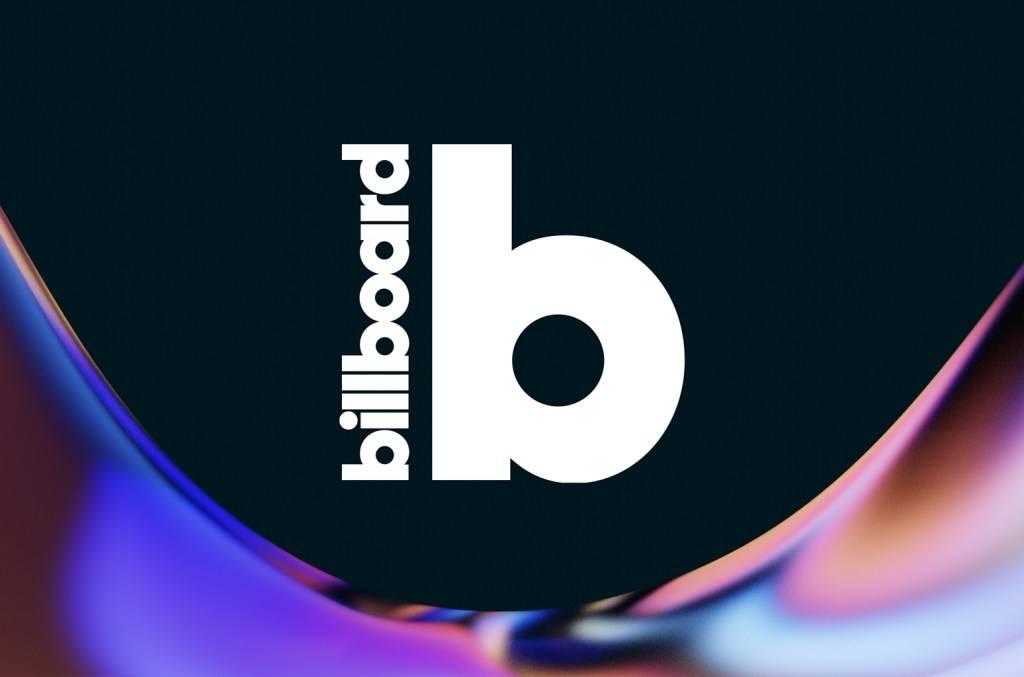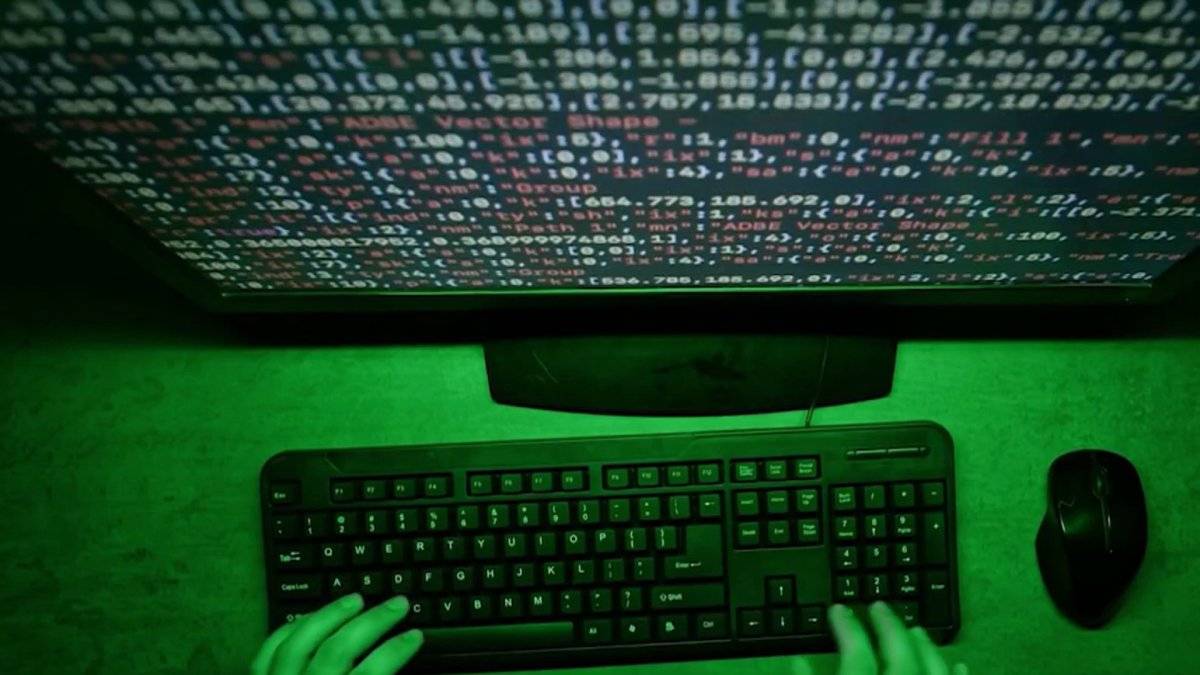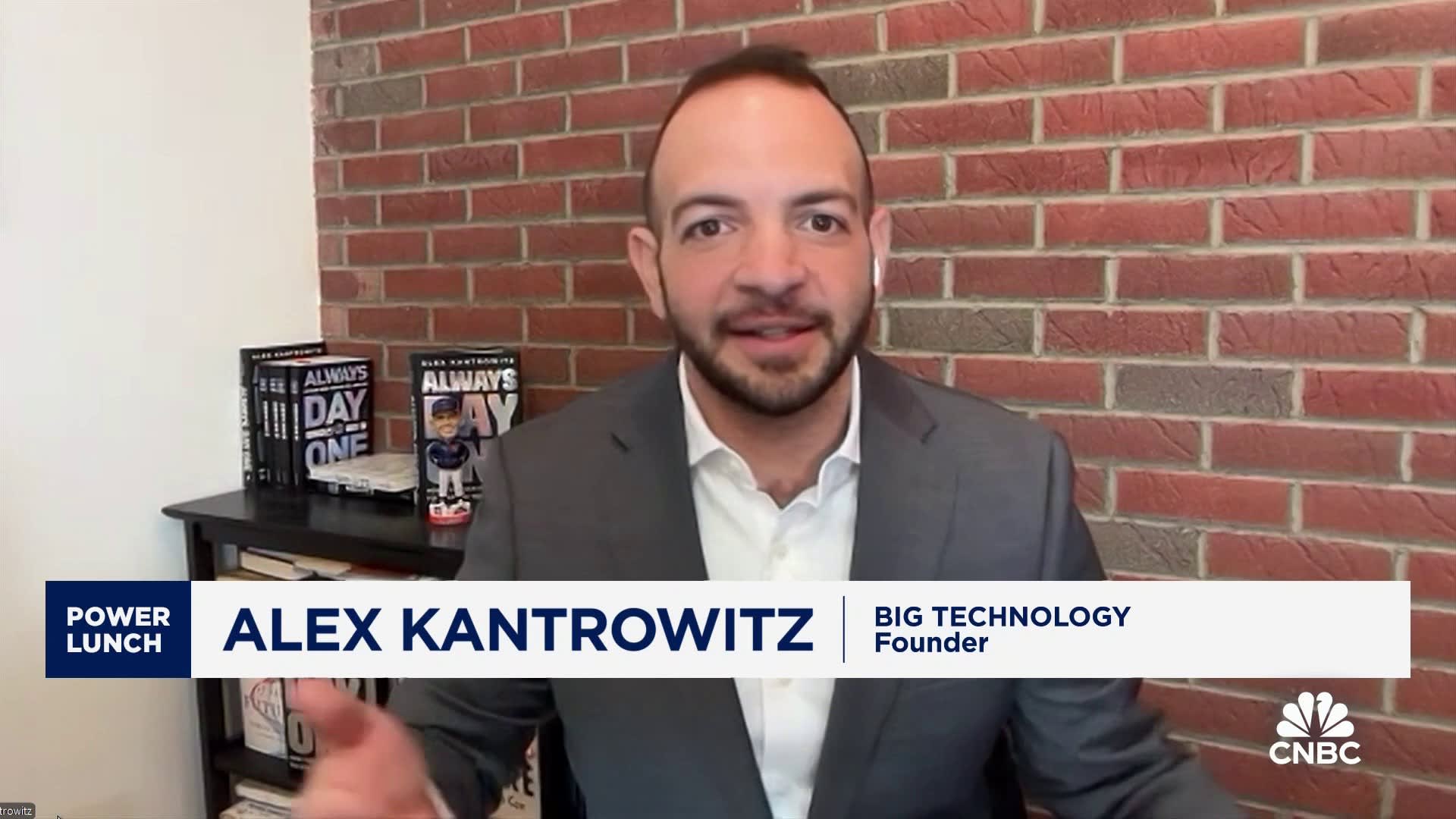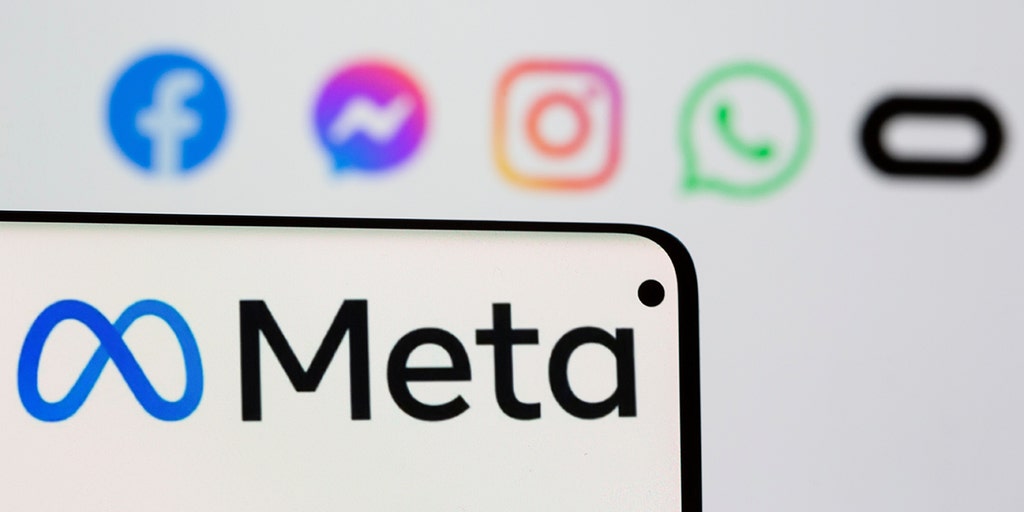The Impending TikTok Ban: Technology, Politics, and National Security
National Security Concerns
The impending ban on TikTok in the United States reflects a complex interplay of technology, politics, and national security concerns. At its core, the U.S. government’s decision to enact a nationwide ban, effective as of January 19, 2025, stems from fears about the app’s potential to collect vast amounts of user data and the influence its Chinese parent company, ByteDance, may exert. This action follows years of tension, with previous attempts by former President Donald Trump to force ByteDance to divest from TikTok. The current situation is characterized by a legal standoff, with TikTok challenging the ban in court, although the U.S. Supreme Court upheld the law.
Legislation and Foreign Ownership
The Protecting Americans from Foreign Adversary Controlled Applications Act, signed into law in April 2024, required ByteDance to divest its U.S. operations or face a ban. This legislation aims to address perceived national security threats by limiting the ability of foreign-controlled apps like TikTok to operate within the U.S.
Critics argue that such measures could stifle free speech and unfairly target foreign companies. For instance, Andrew Pincus, a lawyer representing TikTok, pointed out that the law sets a precedent by targeting a specific app based solely on its foreign ownership.
Social Impact on U.S. Users
The ban’s societal impact is significant. TikTok has become a cultural phenomenon with over 170 million U.S. users, many of whom rely on the platform for entertainment, communication, and even economic opportunities. The potential removal of TikTok from the U.S. market could disrupt these relationships and force users to seek alternatives. This shift could also influence broader U.S.-China relations, as the platform’s fate is intertwined with diplomatic negotiations.
Legislative Efforts and Ongoing Debates
In February and March 2023, legislative efforts such as the DATA Act and the RESTRICT Act further underscored the growing concern about the influence of foreign adversary-controlled apps on national security. However, the issue of TikTok is not just about national security; it also highlights the challenges of regulating digital platforms in a globalized world.
Future Outlook and Negotiation Window
Looking ahead, President Donald Trump’s decision to temporarily halt enforcement of the ban for a 75-day period signals a potential path for a negotiated resolution. This pause could allow for a divestiture or sale of TikTok’s U.S. operations to American owners, which would satisfy the legal requirements and alleviate national security concerns.
Beyond this specific case, the future of digital regulation in the U.S. will likely involve more stringent oversight of foreign-controlled apps, raising important questions about the balance between security, privacy, and free speech in the digital age. As technology evolves, it is crucial to consider these questions and how they will shape the global digital landscape.
For more insights into emerging technologies, digital ethics, and industry trends, visit our Epochedge technology section, where we explore the latest innovations and their societal impacts. To stay updated on the latest news and developments, check out our Epochedge news page.

